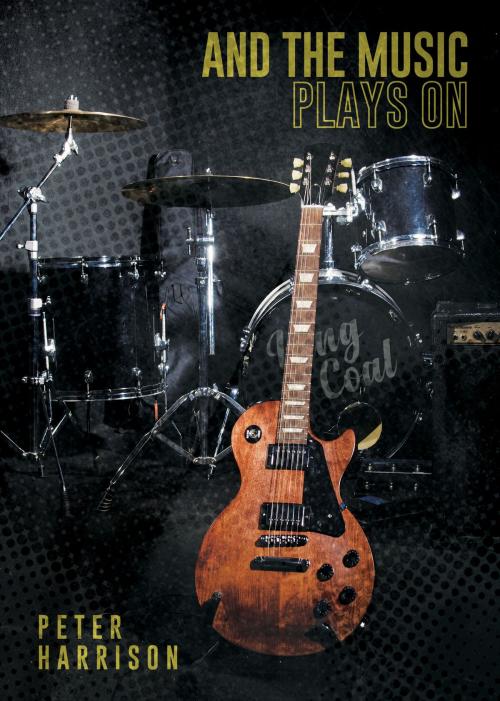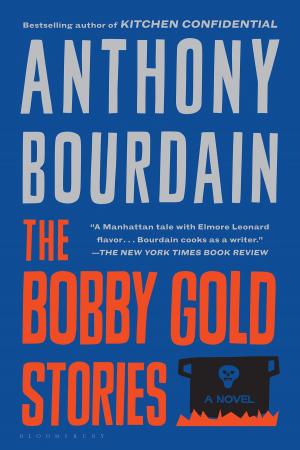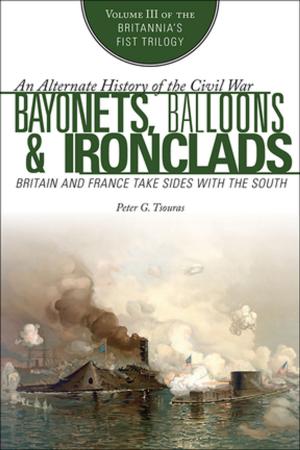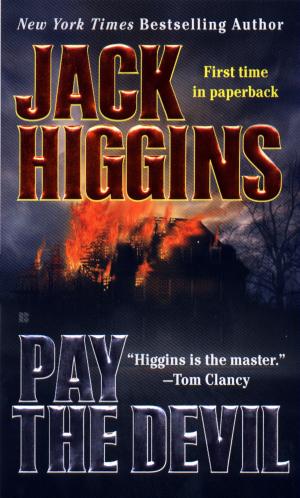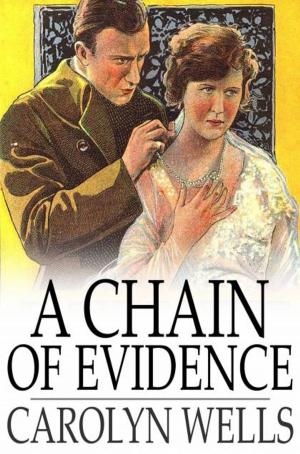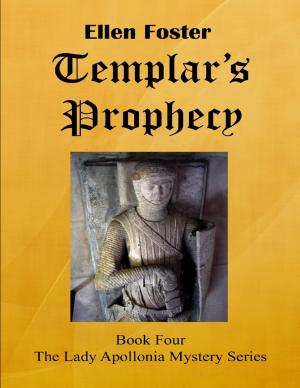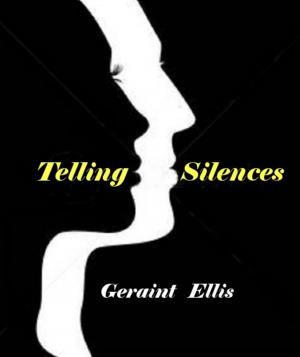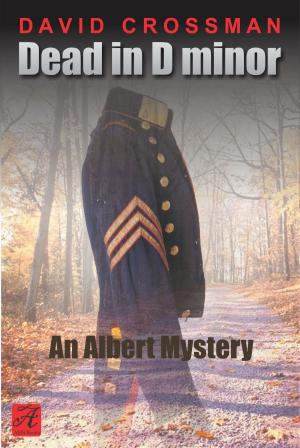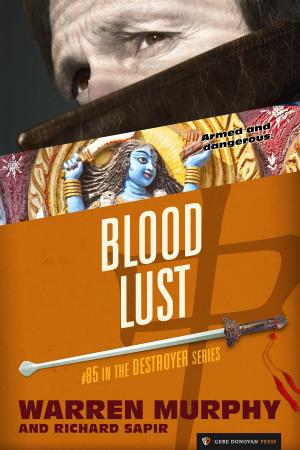| Author: | Peter Harrison | ISBN: | 9780463813720 |
| Publisher: | Barny Books | Publication: | January 18, 2019 |
| Imprint: | Smashwords Edition | Language: | English |
| Author: | Peter Harrison |
| ISBN: | 9780463813720 |
| Publisher: | Barny Books |
| Publication: | January 18, 2019 |
| Imprint: | Smashwords Edition |
| Language: | English |
King Coal was a world famous four-piece sixties rock band. Between the years 1960 and 1962 the group reigned supreme. The band hit the top spot twice in the U.K. and the U.S.A. With millions of records sold, worldwide adulation and respect from fans and industry alike, the boys from the North-East of England imagined the dream would last forever.
Ryan Dove was the group’s lead singer and the sanest member of the band. Bill Bleasdale, the group’s songwriter and lead guitarist, was a drunk with a penchant for teenage girls. Nathan Diamond was the drug-addled drummer whose behaviour made crazies like Keith Moon and Jim Morrison look like choirboys. Finally, there was Johnny Blower, the group’s base guitarist. His showbiz image of a heavy-drinking Lothario was a front. It was true about his penchant for alcohol. But a womaniser? Johnny had problems. Gender issues.
Their manager, Neville Warrior, the multi-millionaire Cockney had the pop industry in his vice-like grip. Like-minded pop stars like Terry Dene, Vince Eager and Dickie Pride followed in the footsteps of King Coal and signed their lives away to the streetwise, shrewd Londoner.
But then, only a few short years later, Brian Epstein – an inconsequential manager of a record shop in the North West of England - was persuaded to visit a local club and listen to an obscure band called The Beatles.
Within months of the coming of the Liverpool sound, King Coal’s record sales collapsed. Within a year they were no longer headline acts in major venues. After five years they were doing the rounds of minor nightclubs and workingmen’s clubs. The group became yesterday’s men. Disenchanted and struggling to earn a crust, King Coal soldiered on as they slid inevitably into mediocrity, surviving on memories.
Struggling to persuade a fledgling management company to sign them, the band drowned their sorrows in a nearby pub and meet by chance a small group of women claiming to be fans of the group. Accompanying the middle-age females was teenager Annie Shah. While the besotted Ryan Dove falls under the spell of the alluring, yet troubled young lady, the group’s songwriter and lead guitarist, Bill Bleasdale, is bowled over with the antics of thirty-something Ella Gatenby, a pushy ex-cop ready to move hell and high water to persuade naïve Bill to start a relationship.
Were the females bone fide fans of the group or was there some ulterior motive for their arrival on the scene because within weeks of their meeting the group implodes: one member dies, another is hospitalised after a brutal assault, and a third makes a life-changing career choice. A disillusioned Ryan Dove packs his bags and heads for home, his world out of kilter, his future uncertain.
But was it over for the band?
King Coal was a world famous four-piece sixties rock band. Between the years 1960 and 1962 the group reigned supreme. The band hit the top spot twice in the U.K. and the U.S.A. With millions of records sold, worldwide adulation and respect from fans and industry alike, the boys from the North-East of England imagined the dream would last forever.
Ryan Dove was the group’s lead singer and the sanest member of the band. Bill Bleasdale, the group’s songwriter and lead guitarist, was a drunk with a penchant for teenage girls. Nathan Diamond was the drug-addled drummer whose behaviour made crazies like Keith Moon and Jim Morrison look like choirboys. Finally, there was Johnny Blower, the group’s base guitarist. His showbiz image of a heavy-drinking Lothario was a front. It was true about his penchant for alcohol. But a womaniser? Johnny had problems. Gender issues.
Their manager, Neville Warrior, the multi-millionaire Cockney had the pop industry in his vice-like grip. Like-minded pop stars like Terry Dene, Vince Eager and Dickie Pride followed in the footsteps of King Coal and signed their lives away to the streetwise, shrewd Londoner.
But then, only a few short years later, Brian Epstein – an inconsequential manager of a record shop in the North West of England - was persuaded to visit a local club and listen to an obscure band called The Beatles.
Within months of the coming of the Liverpool sound, King Coal’s record sales collapsed. Within a year they were no longer headline acts in major venues. After five years they were doing the rounds of minor nightclubs and workingmen’s clubs. The group became yesterday’s men. Disenchanted and struggling to earn a crust, King Coal soldiered on as they slid inevitably into mediocrity, surviving on memories.
Struggling to persuade a fledgling management company to sign them, the band drowned their sorrows in a nearby pub and meet by chance a small group of women claiming to be fans of the group. Accompanying the middle-age females was teenager Annie Shah. While the besotted Ryan Dove falls under the spell of the alluring, yet troubled young lady, the group’s songwriter and lead guitarist, Bill Bleasdale, is bowled over with the antics of thirty-something Ella Gatenby, a pushy ex-cop ready to move hell and high water to persuade naïve Bill to start a relationship.
Were the females bone fide fans of the group or was there some ulterior motive for their arrival on the scene because within weeks of their meeting the group implodes: one member dies, another is hospitalised after a brutal assault, and a third makes a life-changing career choice. A disillusioned Ryan Dove packs his bags and heads for home, his world out of kilter, his future uncertain.
But was it over for the band?
